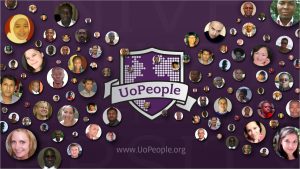

SDG 4- Revolutionizing Education with University of the People
Quality Education SDG 4- Revolutionizing Education with University of the People Nelson Mandela once said, “Education is the most powerful weapon which you can use

The importance of a good education is a tenet that has been ingrained in Israeli culture even before the founding of the state. After the establishment of the State, the main challenge that Israel faced in education was the integration of large numbers of immigrants from different countries – with different cultures and backgrounds – into the same classrooms.
Today, with the high-tech industry in Israel booming, many Israelis see education and high academic achievement as the ticket to employment success in Israel’s modern and competitive job market. (And the amalgamation of students of different heritages is seen as a benefit to both classrooms and ultimately to businesses.) Unsurprisingly, the Israeli education system has been praised for its major role in driving Israel’s economic development and technological growth.
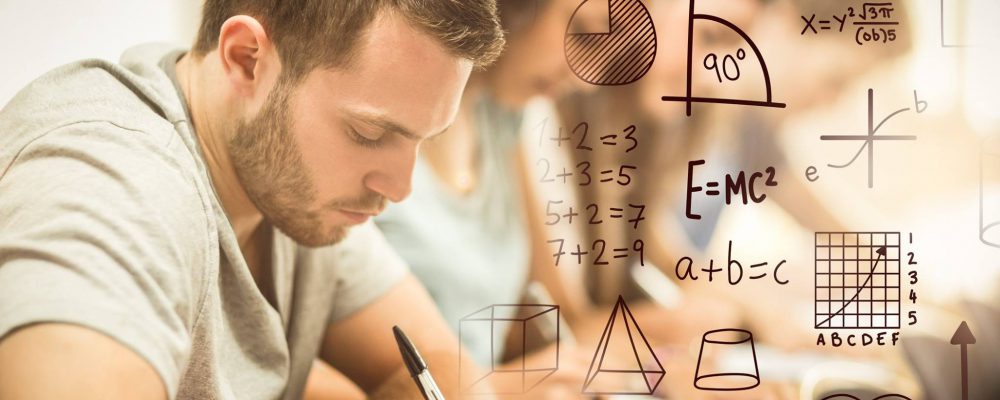

Primary and Secondary Education: The education system of Israel reflects the country’s diversity. Israeli schools are available on four basic tracks: state-secular, state-religious, state-ultra-religious (Haredi) and Arab and Druze schools. Private schools are available as well, and operate under auspices including democratic and anthroposophic. State education is provided free of charge for children from kindergarten through high school.
It should also be noted that while most Israeli schools fit into one of the four categories mentioned above, in 1984 the first Jewish-Arab integrated schools were established by the residents of Neve Shalom – Wāħat as-Salām, a cooperative village founded by Arab and Jewish citizen of Israel. As of 2010 there were five integrated schools in Israel, including Neve Shalom.
Gifted Students. Israel has additionally established the Division for Gifted and Outstanding Students which runs educational programs, classes for gifted students, gifted centers, academic acceleration, remote learning, early university entrance programs and other courses for outstanding students.
Special Needs Students. The Special Education Law of 1998 requires the state to provide free special needs education for students aged 3 to 21. All cities in Israel have free inclusive programs for students with special needs with accommodations for their differences. Even hospitalized children can take part in special programs – fully accredited under the Ministry of Education – that allow them to keep up with their schoolwork.
Higher Education: After high school, students are usually conscripted into the Israel Defense Forces (IDF), but some may undertake yearly volunteer service or postpone conscription to begin their university studies.
All of Israel’s public universities, and some of its colleges, are subsidized by the government, and students pay only a small part of the actual cost of tuition. Students who completed military service are entitled to a 90% discount on their first-year tuition fees. At present, well over half of Israelis in the 20-24 age group are enrolled in one of the country’s institutions of postsecondary or higher education.
All seven of Israel’s Universities rank by subject in the top 100 in the world. Israel’s University student body is a microcosm of Israel’s diverse population. For instance, over 21% of undergraduates at the Technion are Arabs, representing the same portion of Arabs in Israel’s population. The CHE is working toward the integration of even more Arabs, Druze and Circassian students into higher education, and Arab women in particular. The “Gate to Academia” program for high school students exposes them to available options, and provides information, counselling and academic guidance, as well as preparation for the psychometric aptitude test.
With regard to the integration of more women into higher education, the CHE has increased scholarships for women post-doctoral students and women studying in high-tech fields. Monetary prizes will be awarded to institutions that excel in gender fairness.
The Council for Higher Education (CHE) has also invested NIS 180 million over five years to establish appropriate frameworks for the education of Haredim, focusing on specific professions. Results of this program are already evident: In the 2017-2018 school year 1,699 Haredi students studied toward their master’s degree, as opposed to 290 in 2009-2010.
The efforts of the CHE are paying off, as a larger portion of students enrolled in higher education are now studying engineering, mathematics and computer science – all fields of study that feed into careers in high-tech. This bodes well for the national pan to reinforce engineering and high-tech professions.
Study Abroad: Israel also offers unique and well-developed study abroad programs, including English-language undergraduate degrees, graduate programs, student exchange programs and internships. Students learn inside the classroom and also outside of it with field work and treks across the country. Research students even have the opportunity to study under several Nobel Laureates.
Some international students end up studying long-term and completing full academic degrees in subjects such as government, economics, computer science and communications.
Insofar as scientific research is concerned, most of the world’s high-tech companies have established research and development centers in Israel. Likewise, many countries have chosen Israel as their destination for collaborative research in a wide range of basic and applied scientific fields. And Israel has the highest number of scientist per capita in the world.
New Initiatives: Of special mention is the new Center for Innovators in Education – a physical and virtual space in Jerusalem where the staff of the Ministry of Education, district directors, school principals, teachers and students come together to adopt innovation as an organizational culture.
The space is dynamic and creative, and led by a professional and experienced team.
Concurrently, the Ministry of Education endeavors to bring educational standards in line with modern pedagogic practices, by mandating gender equality, upgrading teacher status, broadening humanistic curricula, and promoting scientific and technological studies. It strives to provide equal opportunities in education for all children and to increase the number of students passing matriculation examinations.
The educational networks of many Israeli cities have been recognized and awarded for their unique projects, effective immigrant absorption, student empowerment, educational leadership, top-quality teaching, encouragement of entrepreneurship and innovation, and promoting excellence in a diverse school population.


Quality Education SDG 4- Revolutionizing Education with University of the People Nelson Mandela once said, “Education is the most powerful weapon which you can use


Quality Education SDG 4 – School’s In It’s that time of year again: first graders eager to start school; parents exhausted from the summer vacation;


Quality Education SDG 4-Quality Education & Labor Rights Those who don’t live in Israel might be surprised to learn that the beginning of the school
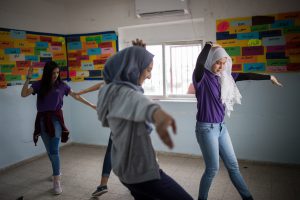

Quality Education SDG 4- Education: Key to Arab Plan’s Success There could be as many potential obstacles to the success of the Israel Government’s new
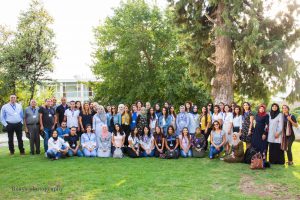

Quality Education SDG 4- Rowad – Educating to Reduce Inequality, Promote Diversity and Drive Social Cohesion The Rowad program, offered by the Council for Higher
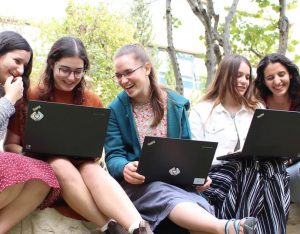

Quality Education SDG 4- IncludED – improving learning experience for special needs students According to the Knesset Research and Information Center (the research department of
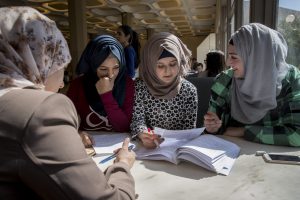

Quality Education SDG 4- Minority Integration in Higher Education Resumption of Israel’s higher education academic year in late October provides an opportunity to examine how
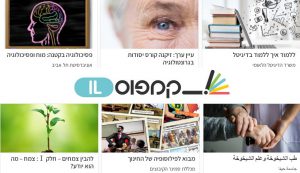

Quality Education SDG 4- CampusIL – Quality and Equal learning opportunities for all The current crisis period has raised awareness regarding the importance of digital
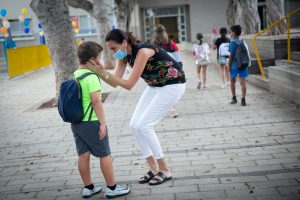

Quality Education SDG 4- Teaching Children – Protecting Health This week, Israel’s 2020-21 school year introduced its approximately 2.4 million students to a new learning
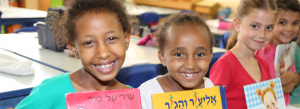

Quality Education SDG 4-ICEI Teaching the Love of Reading and Learning It’s a breath of fresh air to hear any child say “I love to


Quality Education SDG 4- English Education Gets A High Five “Give me Five!” Is not the Israeli Education Ministry’s way of asking for a hand-slap,
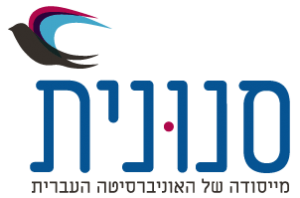

Quality Education SDG 4- When we say Quality Digital Education – we mean Snunit Snunit – the bird, the website, the organization, or all three?
Developed for the Betterment of Humanity
